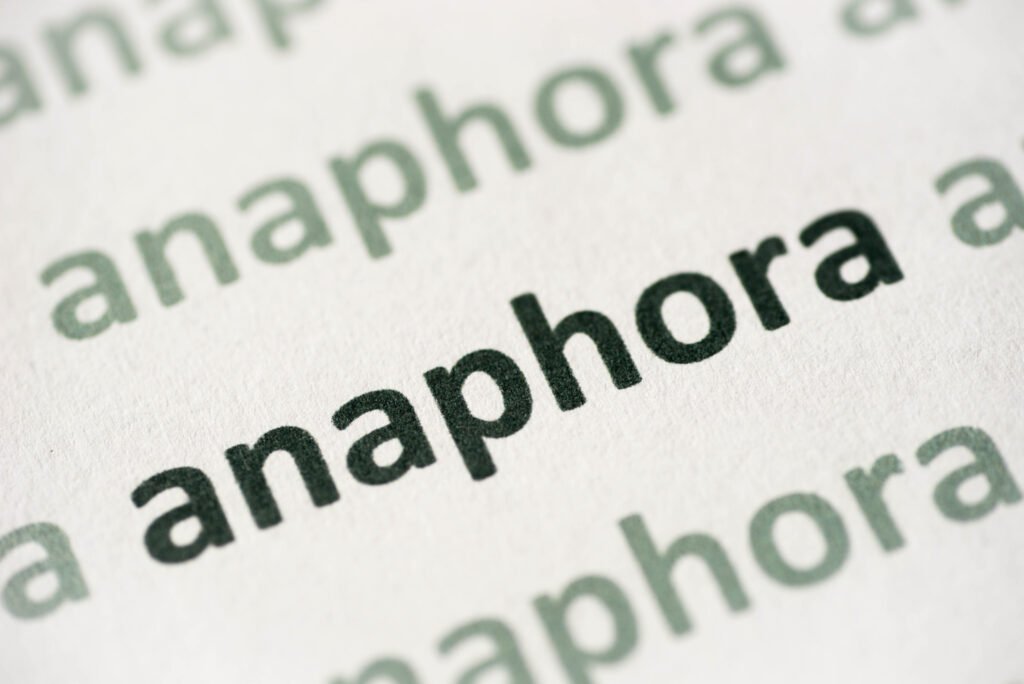
Anaphora is a rhetorical device and linguistic expression in which a word or phrase is repeated at the beginning of successive clauses or sentences. This technique is commonly used in speech and writing to emphasize ideas, create a rhythmic effect, and evoke emotional responses from the audience. Anaphora is a powerful tool in poetry, speeches, and prose, helping to strengthen arguments, build momentum, and make the text more memorable.
Defining Anaphora
Anaphora involves the deliberate repetition of a sequence of words at the beginning of neighboring clauses, lending them a patterned and often persuasive quality. This repetition can enhance cohesion and create a strong emotional effect, making the text or speech more engaging and compelling. The key to anaphora is consistency in the repeated sequence, differentiating it from other forms of repetition.
Examples of Anaphora
Anaphora can be found across a variety of literary and public speaking contexts. One of the most famous examples is Martin Luther King Jr.’s “I Have a Dream” speech, where “I have a dream” is repeated at the beginning of several sentences to emphasize different visions of equality and justice. In literature, Charles Dickens uses anaphora in “A Tale of Two Cities” with the opening lines, “It was the best of times, it was the worst of times,” setting the rhythm and tone for the novel.
Purposes and Effects of Anaphora
- Emphasis: Anaphora draws attention to a particular idea or theme, emphasizing its importance through repetition.
- Rhythmic Quality: The repeated phrases provide a rhythmic pulse to the speech or text, enhancing its musicality and making it more pleasurable to listen to or read.
- Unity: Repetition can unify a speech or writing, tying together different points and making the overall argument more cohesive.
- Emotional Appeal: Anaphora often stirs emotions, making the audience more receptive to the speaker’s or writer’s message.
Using Anaphora Effectively
To use anaphora effectively in writing or speech, consider the following:
- Relevance and Context: The repeated phrase should be significant to the overall message and context of the piece.
- Balance: While anaphora can be impactful, overuse can lead to monotony. Balance the repetition with varied sentence structures and ideas.
- Audience Engagement: Think about the audience and the effect the repetition will have on them. Anaphora should enhance understanding and engagement, not hinder it.
Anaphora in Different Genres
- Literature: Anaphora is often used in poetry and prose to create a distinctive voice or mood. Poets like Walt Whitman and Edgar Allan Poe used anaphora to enhance the lyrical quality of their poems.
- Speeches: Politicians and public speakers use anaphora to emphasize their points and rally support. Barack Obama’s speeches often employed anaphora to inspire and motivate listeners.
- Advertising: Anaphora can make slogans more memorable and impactful, reinforcing the message or brand identity.






